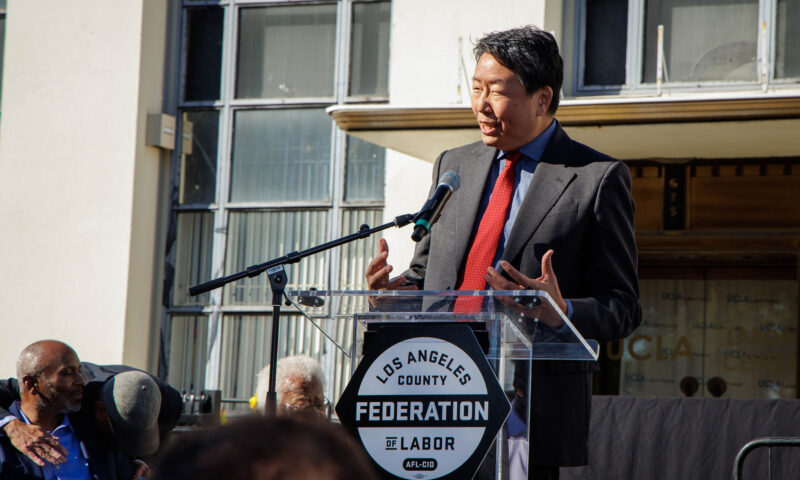
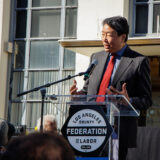
Former colleagues hope that the organizer and activist’s outsized legacy can endure.
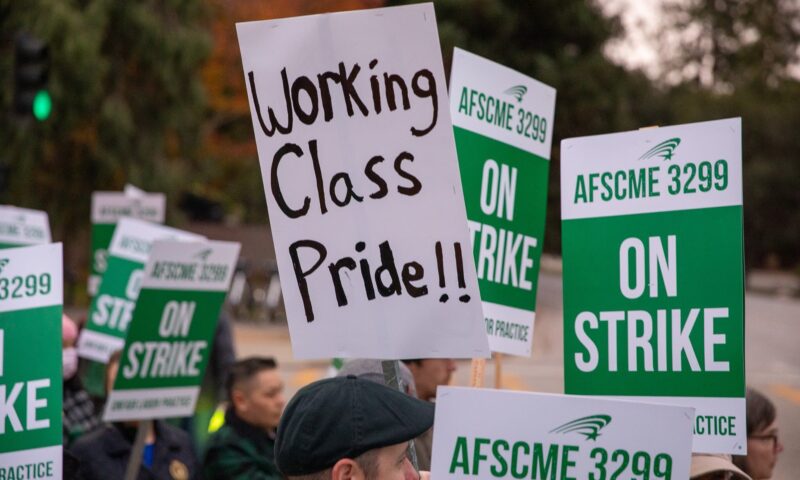

The UC system says it is offering healthy raises for nearly 40,000 staffers, but workers say the system is playing a shell game by also raising their health care premiums.


Faculty, students, labor groups and the American Civil Liberties Union say the harder line on demonstrations may be discriminatory.
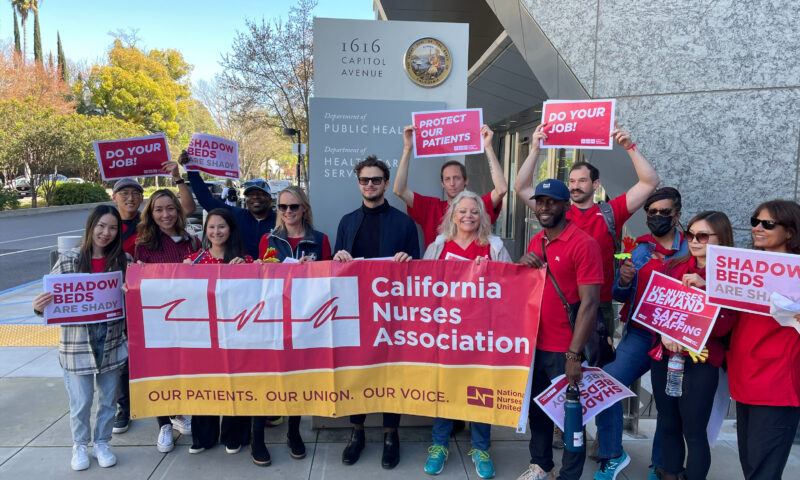
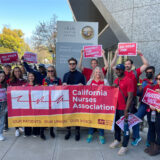
The California Department of Public Health says the agency is enforcing state requirements, despite deep budget cuts.
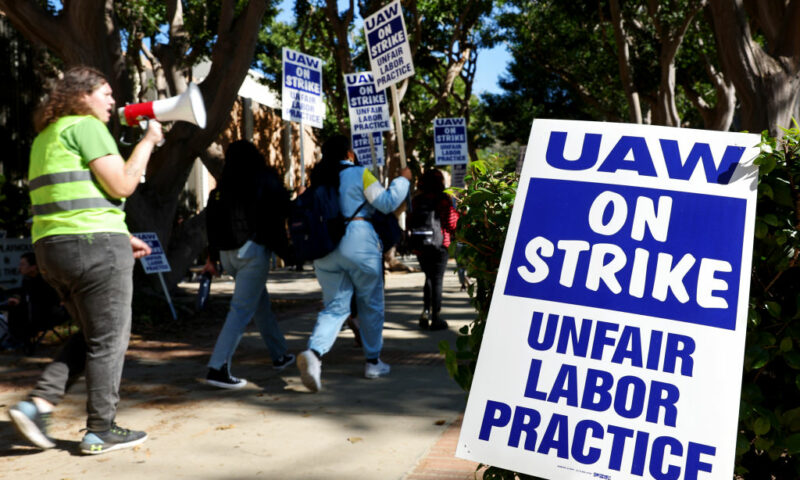
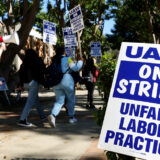
With a partial agreement reached and tens of thousands remaining on strike, UC workers wonder if they can afford the work they love.
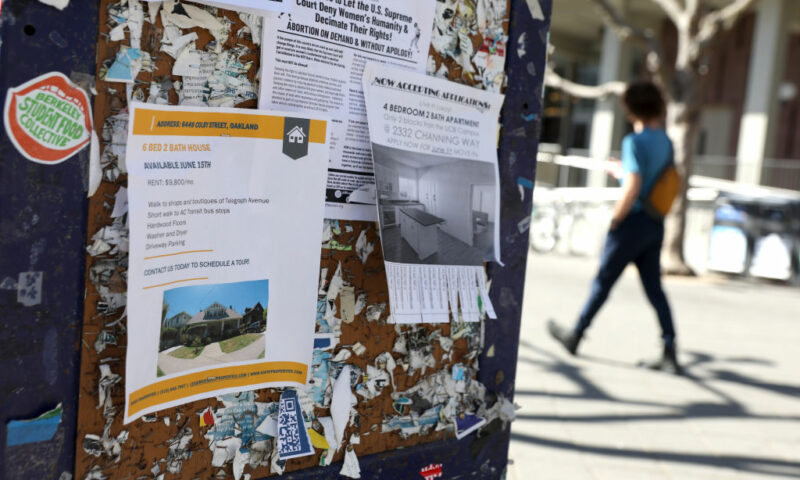
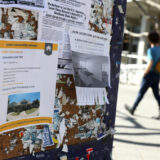
48,000 underpaid student workers in the University of California system prepare to go on strike Nov. 14.
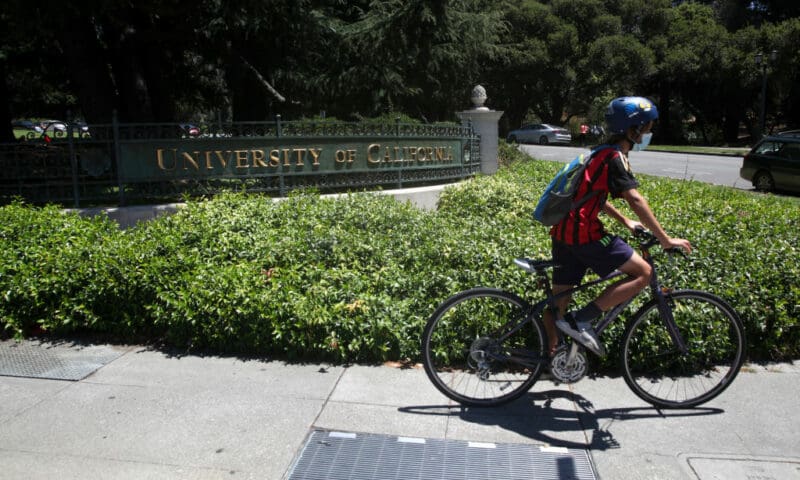

Vaccine mandates will make campuses safer. It could do the same for workplaces.
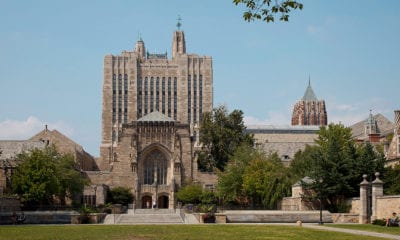

The billionaire’s controversial training program has found a new home at Yale University.
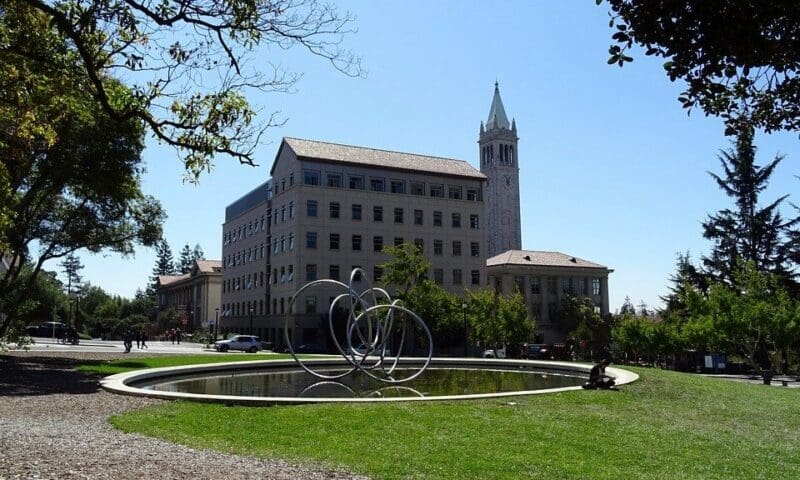
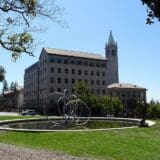
Critics of outsourcing say the rush to replace the wages and benefits of public employees with lower-paying, private-sector jobs has taken its toll on America’s middle class.


It’s been no secret that public higher education in California is badly broken, following four decades of disinvestment and tuition hikes.
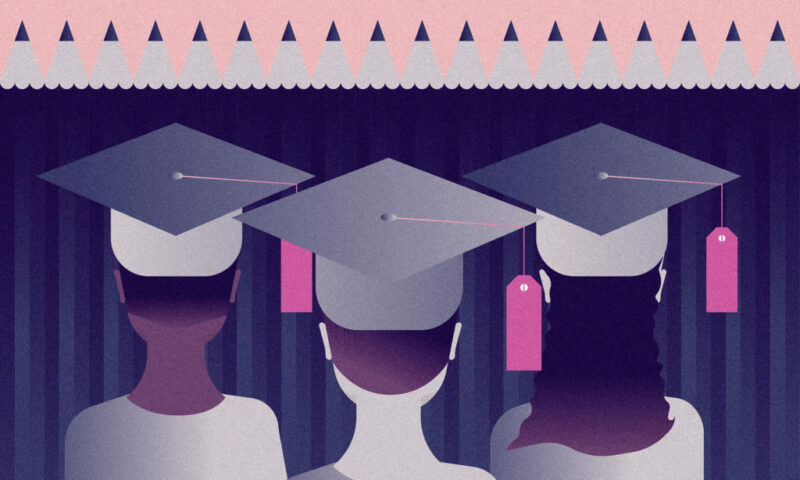

Co-published by International Business Times
Since 2004, California’s public university students have collectively racked up student debt in excess of $12 billion. There was a time when tuition-free college was the norm in California.
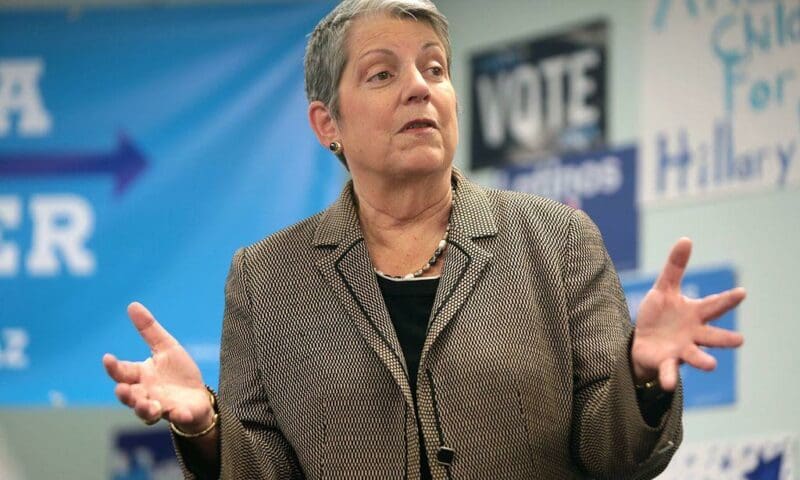

UC President Janet Napolitano had once seemed ready to raise working standards, but today, say her critics, she runs the 10-campus system like a business.


Serious contract negotiations are now underway between the University of California system and the International Brotherhood of Teamsters, which represents nearly 14,000 clerical workers and administrative support staff.
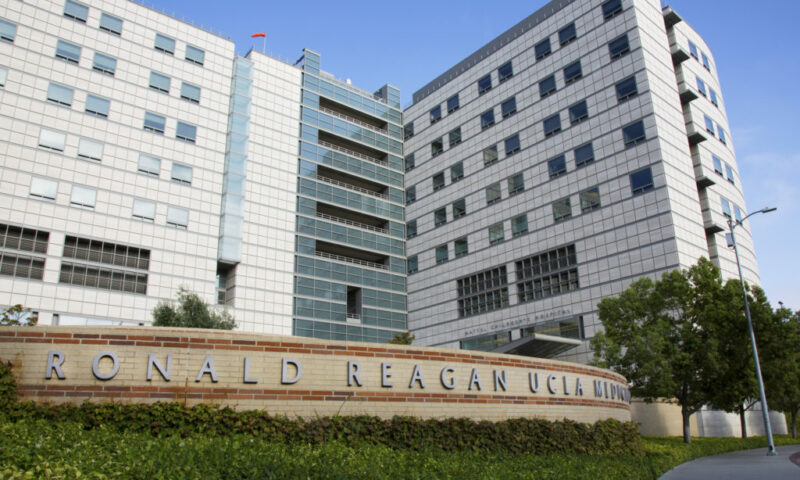

How do you get the best quality health care in the University of California’s renowned public medical system? At UCLA’s Ronald Reagan Medical Center it’s a gold-colored wallet card with a personalized number to call. When flashed from a gurney in the ER (or at a club to impress friends), the card means one thing: The patient in question is a VIP.
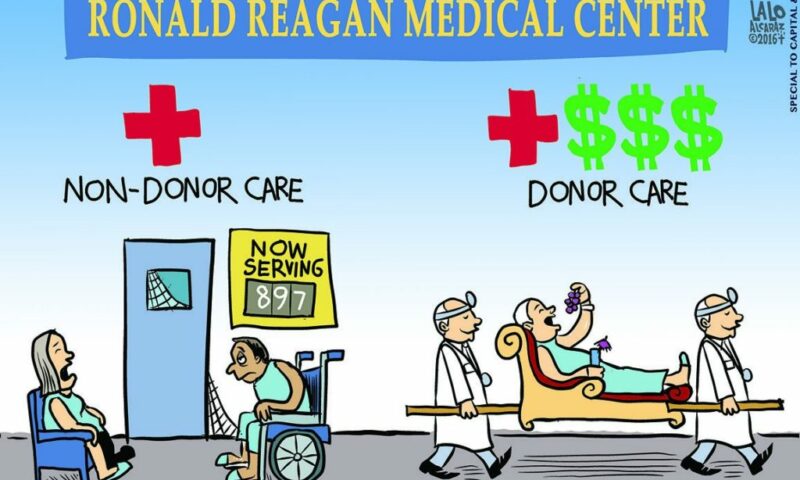
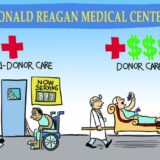
How do you get the best quality health care in the University of California’s renowned public medical system? At UCLA’s Ronald Reagan Medical Center it’s a gold-colored wallet card with a personalized number to call. When flashed from a gurney in the ER (or at a club to impress friends), the card means one thing: The patient in question is a VIP.


As the June 15th deadline for a California budget approaches, Kevin McCarty finds himself a power broker in a fight over billions of dollars of funding for the University of California.
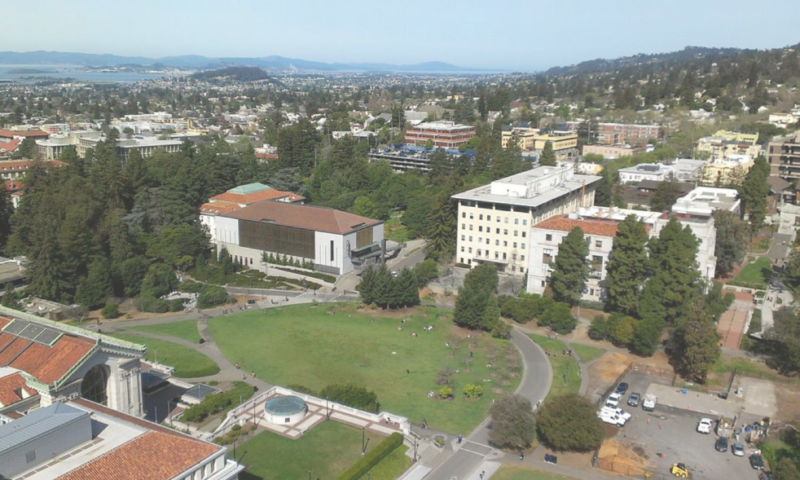
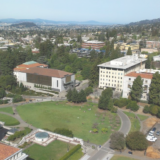
As next week’s June 15 budget deadline looms, legislative leaders hammering out differences between the Assembly and Senate versions of this year’s $171 billion budget for the fiscal year that begins July 1 will also be deciding the fate of retirement security for future University of California workers.
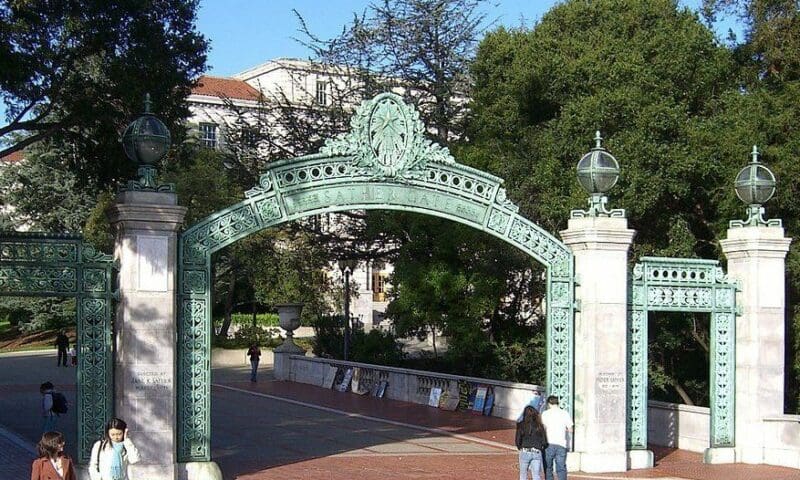
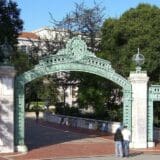
In the Public Interest is happy to be kicking off 2016 with good news. Pushed by students and workers, the University of California has announced it will divest from private prison companies such as Corrections Corporation of America (CCA) and the GEO Group.
This is yet another win for criminal justice reform—Columbia University divested from CCA last summer. The private corrections industry, which makes more profit when more people are in the system, is an obstacle to the changes many of us want to see.
The industry doesn’t want change. An executive with GEO Group, the second largest private prison operator in the U.S., recently boasted that the country would continue to “attract” crime. He shared the “good news” to investors: “The reality is, we are a very affluent country, we have loose borders and we have a bad education system.”
Private prison companies claim to do a better job more cheaply,
» Read more about: University of California Divests from Private Prison Industry »


When California Governor Pat Brown helped create the modern University of California system in the early 1960s, he envisioned many things: a world-class structure of higher education, universal access to students from every background, a gateway to middle-class careers, cutting-edge research centers. All of that has come to pass, making UC an enduring part of Brown’s legacy.
One thing Brown did not foresee, however, was UC becoming embroiled in an emblematic fight over economic inequality, with critics charging that one of the nation’s most prestigious public institutions is perpetuating poverty.
The controversy over UC’s use of thousands of contract workers who earn low wages with few, if any, benefits has taken center stage in Sacramento, where legislation that would end such practices cleared the Legislature last week. The fate of Senate Bill 376, sponsored by state Senator Ricardo Lara (D-Bell Gardens), now rests with Pat Brown’s son,
» Read more about: Jerry Brown’s University of California Perma-Temp Problem »